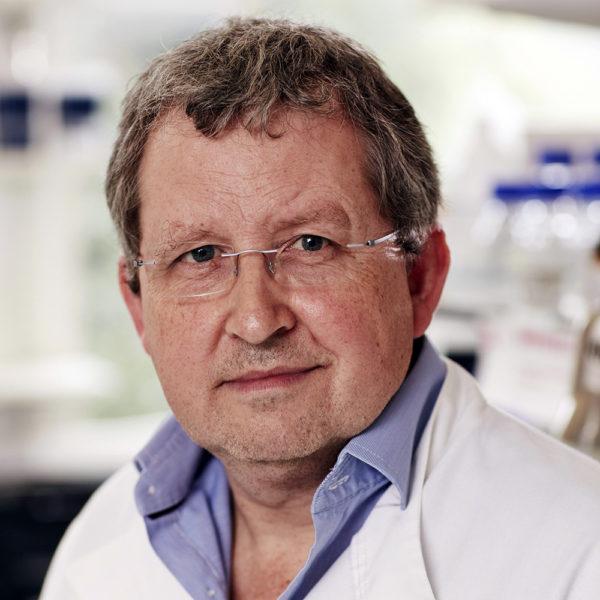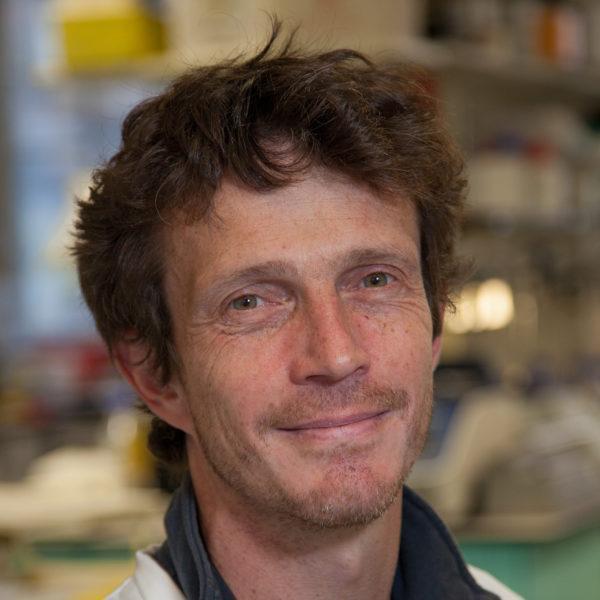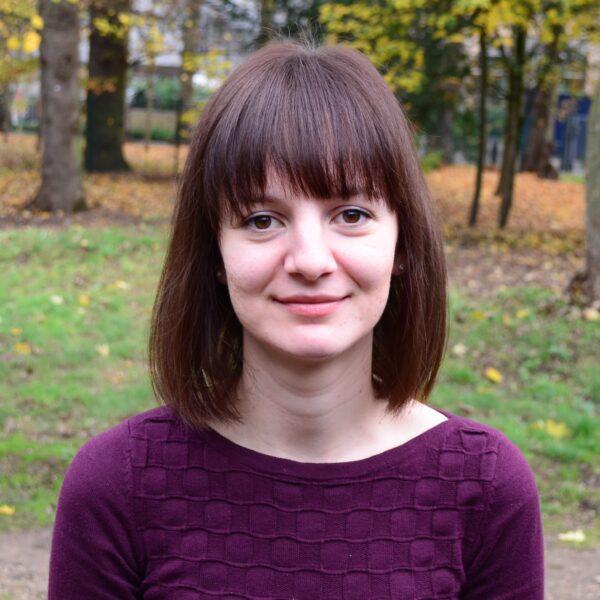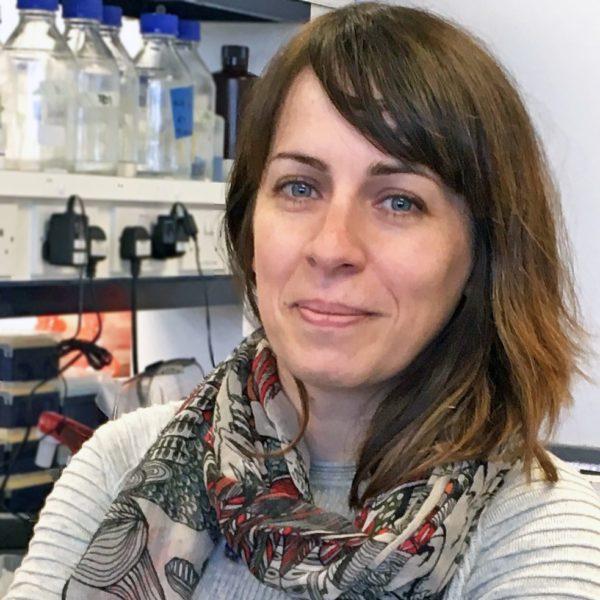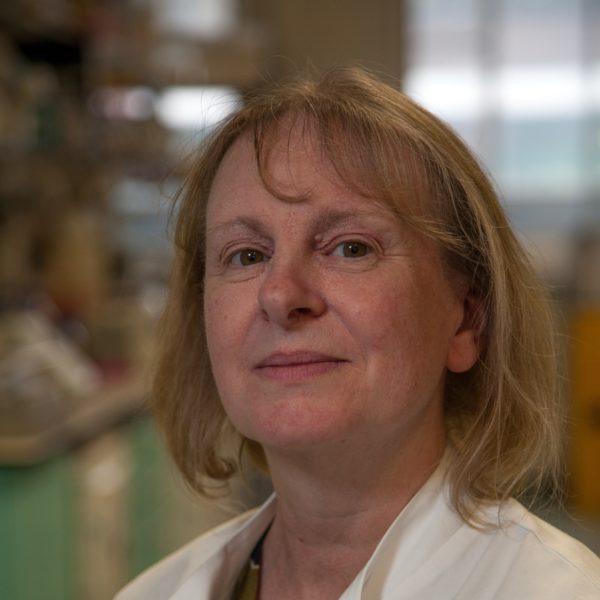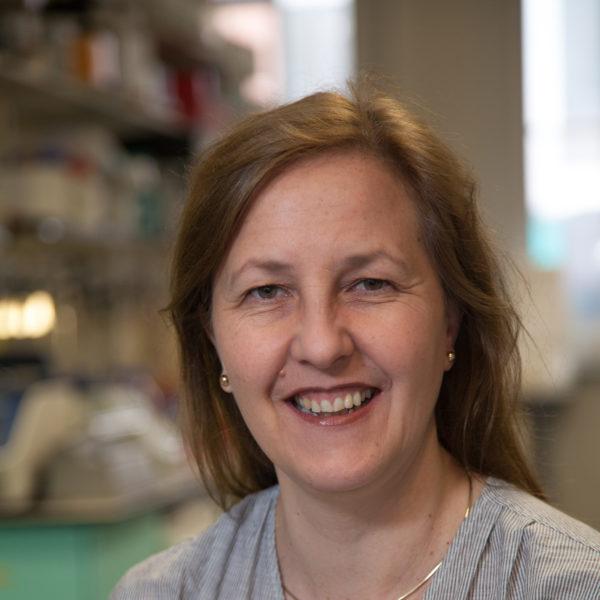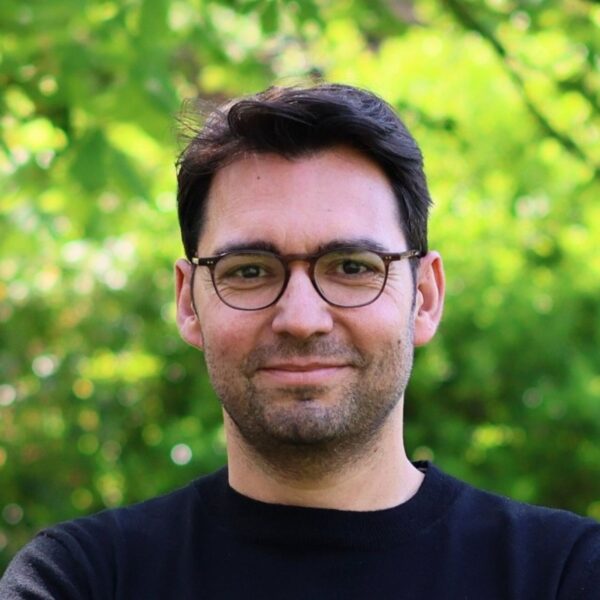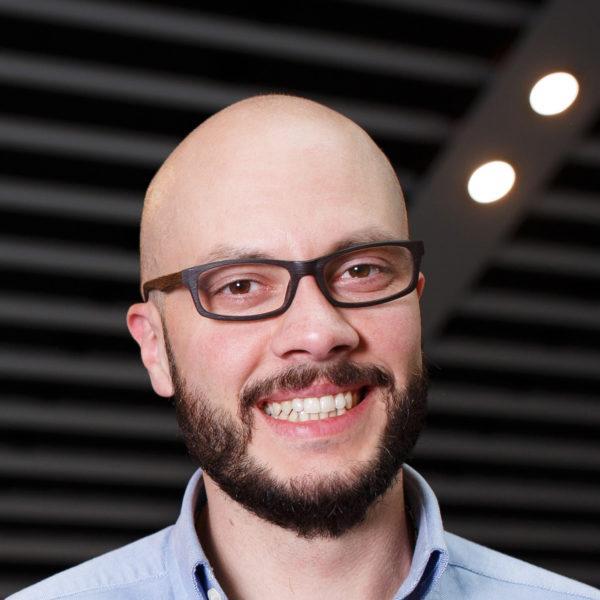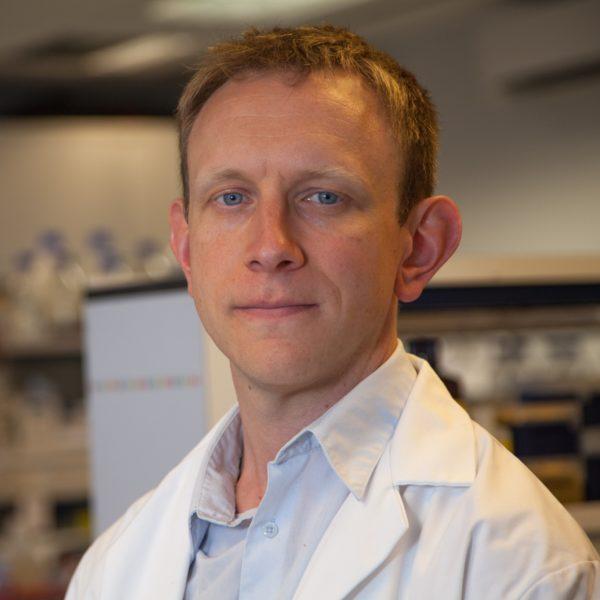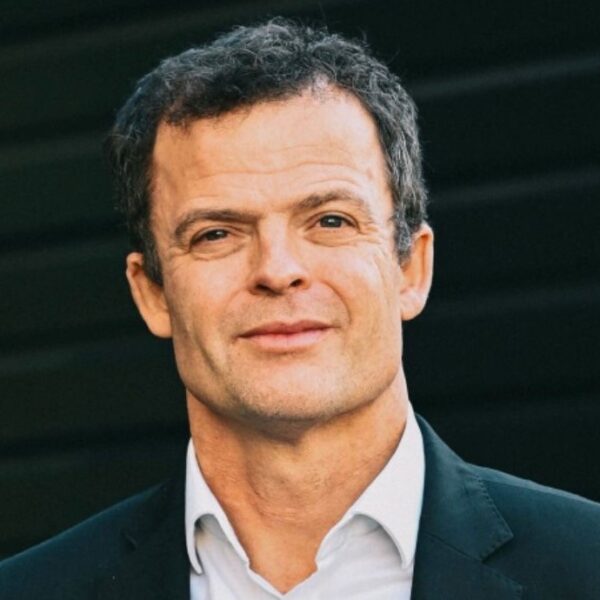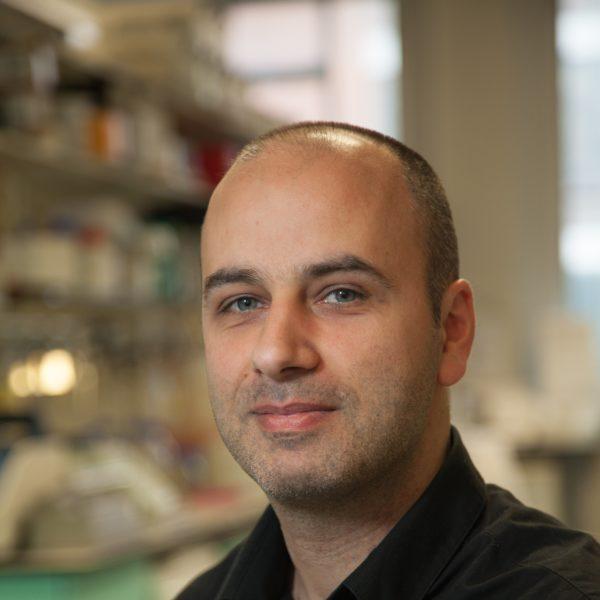Staff Directory
Professor John F. Marshall
Professor of Tumour Biology
I study the biology of tumour invasion with a particular focus on the roles of the adhesion molecules expressed on the cell surface that mediate this process. Our group concentrates on the study of integrins that are the principal family of adhesion molecules that mediate the interaction between cells and the extracellular matrix.
Dr Angus James Cameron
Reader in Cell Signalling and Tumour Biology; Director of Graduate Studies (BCI)
My research focuses on kinases regulating cancer cell growth and motility to understand how and when to target them with drugs. My group is currently examining the role of the PKN kinases in malignant progression.
Dr Mirjana Efremova
Senior Lecturer
We are interested in understanding the cellular and molecular mechanisms that promote cancer cell plasticity and adaptation of tumour cells in metastatic niches and under therapeutic pressure.
Professor Susana Godinho
Professor in Cancer Cell Biology
Our research group focuses on understanding how centrosome amplification impacts tumour progression and how we can target cells with amplified centrosomes to develop new cancer therapies.
Professor Louise Jones
Professor of Breast Pathology
My research in breast cancer focuses on the progression of in-situ to invasive disease with the aims of identifying 1) markers which can predict behaviour and 2) novel therapeutic targets.
Professor Stéphanie Kermorgant
Professor of Cellular Oncology
We study the role of growth factor receptor signalling and intracellular trafficking (movement inside cells) in tumour growth and metastasis in the view of improving cancer therapy.
Dr Alastair Lamb
Senior Clinical Lecturer, Barts Cancer Institute Visiting Associate Professor, Oxford University Honorary Consultant Urological Surgeon, Guy's and St Thomas' NHS Foundation Trust
Our lab focusses on Spatial Prostate Assessment and the Circulating Environment (aka the SPACE Group). We use cutting edge spatial molecular techniques to unpack clonal dynamics in the development of localised prostate cancer. Alongside this we seek to identify scalable “windows” into clonal lethality using machine learning approaches applied to histology and MRI images as well as ‘liquid biopsy’ of circulating tumour cells (CTCs). Our aim is to transform decision-making in clinical management of prostate cancer so that the right men get the right treatment at the right time.
Dr Pedro Monteiro
Senior Lecturer
My research focuses on elucidating the mechanisms underlying cancer cell invasion. In particular, I’m interested in the role of plasma membrane dynamics in mediating cancer cell interaction with its immediate environment, notably by allowing cancer cells to remodel and cleave the extracellular matrix, thus leading to cell breakage into the surrounding environment.
Dr Luigi Ombrato
Senior Lecturer
My group studies how different populations of immune cells in the tumour microenvironment cross-talk in order to establish a tumour-supportive niche in metastasis. This research aims to identify more effective therapeutic targets in metastatic cancers.
Dr Oliver M. Pearce
Reader in Tumour Extracellular Matrix
The focus of our research is the tumour microenvironment and we are particularly interested in understanding the composition and function of the tumour extracellular matrix in immunosuppression. Cancer types we focus on include ovarian and breast cancers.
Professor Thomas Powles
Professor of Genitourinary Oncology; Director, Barts Cancer Centre at St. Bartholomew's Hospital; Lead for Solid Tumour Research
My main research interests are in genital and urinary cancers, leading a spectrum of clinical studies from phase I to randomised phase III. The majority of the studies are translational phase II studies investigating novel targeted and immune therapies.
Dr Paulo Ribeiro
Reader in Cell and Developmental Biology
Our research group is interested in uncovering the molecular mechanisms regulating tissue growth, invasion and metastasis using the fruit fly Drosophila melanogaster as a genetically tractable model organism.
Professor Victoria Sanz-Moreno
Honorary Professor of Cancer Cell Biology
Our research focuses on how the cytoskeleton of cancer cells regulates transcriptional rewiring during tumour growth and dissemination. We aim to understand how such rewiring affects the tumour microenvironment.
Dr Louisa Chard
Our research focuses on the use of modified, replicating oncolytic Vaccinia viruses and adenoviruses armed with immune-modulatory genes such as cytokines to create a self-propagating treatment for tumours that results in long-term immunological memory to the tumour cells.
Dr Daniele Di Biagio
Daniele Di Biagio is a Postdoctoral Researcher at Barts Cancer Institute, Queen Mary University of London.
Dr Panoraia Kotantaki
My research is focused on the tumour microenvironment of ovarian cancer with a particular focus on the extracellular matrix and how current and novel treatments influence this microenvironment.
Dr Rachel Lawrence
My research focuses on measuring circulating tumour cells as a blood-based biomarker for aggressive prostate cancer.
Dr Juan Manuel Marti
My current project dissects the role that the protein FAK plays on the induction of senescence observed in endothelial cells (ECs) after DNA damage therapy, and its role in lung cancer metastasis.
Dr Sam Ogden
We are using single cell multi-omic approaches to study how cancer cell plasticity and the tumour microenvironment contribute to metastasis in colorectal cancer.

